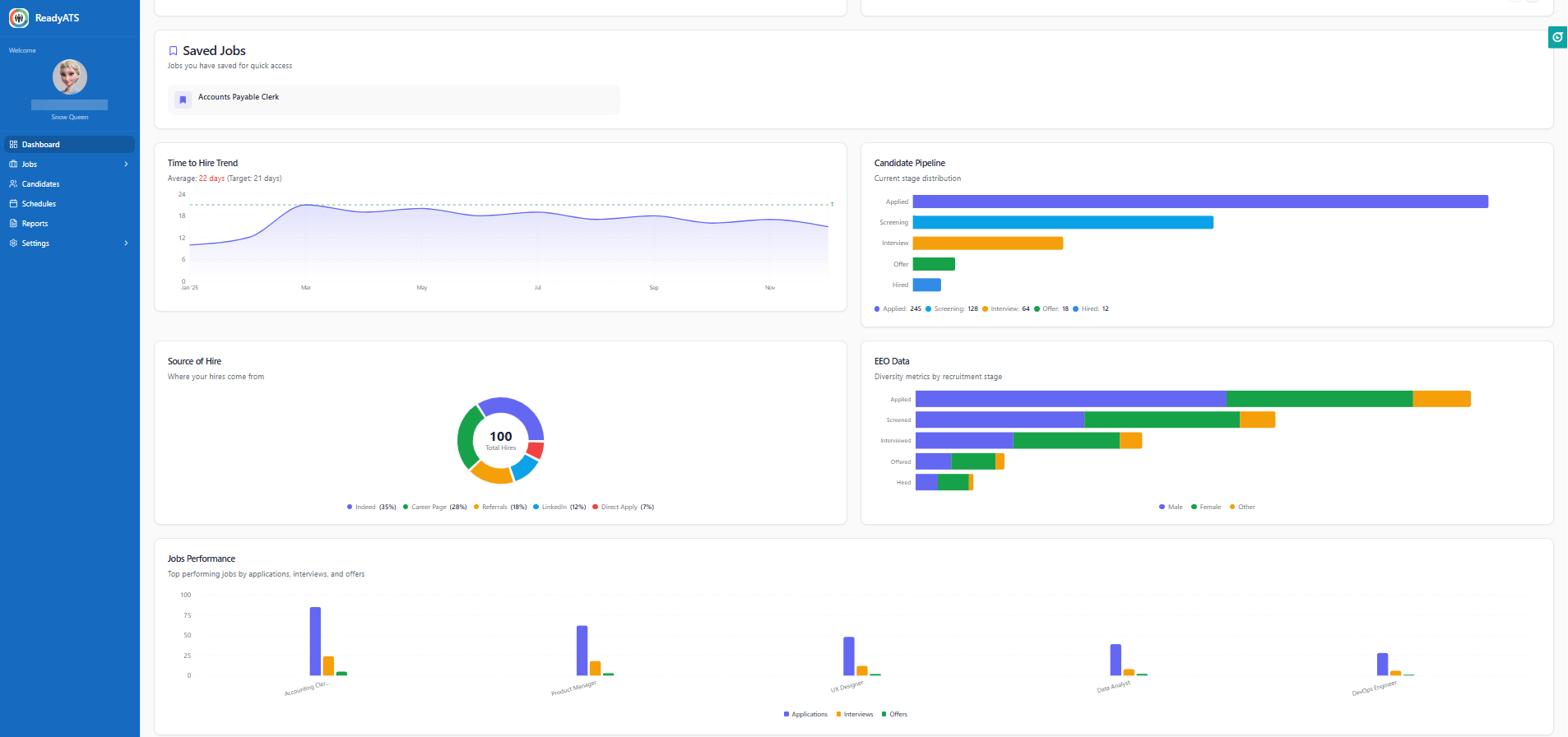The modern workplace is increasingly defined by hybrid work models, which blend remote and in-office work. This shift necessitates a re-evaluation of the skills required for success. Traditional hard skills alone are being redefined. Instead, a combination of soft skills and technical knowledge, termed “power skills,” has become crucial.
Power skills are a fusion of interpersonal and technical abilities that enable individuals to excel in complex work environments. Power skills include:
- Adaptability: The capacity to adjust to new tools, workflows, and team dynamics.
- Communication: The ability to convey information clearly and effectively, utilizing various digital tools.
- Collaboration: Working effectively with team members across different locations and time zones.
- Emotional Intelligence: Managing emotions and empathizing with others to foster positive relationships.
- Problem-Solving: Combining critical thinking with technical expertise to address challenges.
- Time Management: Efficiently balancing tasks and responsibilities in diverse work settings.
- Digital Literacy: Proficiency with digital tools and platforms essential for hybrid work.
- Leadership and Initiative: Driving progress and inspiring teams regardless of physical presence.
A hybrid workforce presents unique challenges and opportunities. Power skills are crucial for several reasons:
- Enhanced Communication: Effective use of digital communication tools ensures clarity and reduces misunderstandings in a dispersed team.
- Improved Collaboration: Power skills facilitate seamless teamwork and project management across various work environments.
- Increased Adaptability: Employees who quickly adjust to new tools and processes are better positioned to thrive in changing work conditions.
- Stronger Emotional Resilience: Emotional intelligence supports mental well-being and maintains team morale. This is crucial in remote or hybrid settings.
Organizations and individuals can adopt various strategies to cultivate power skills such as:
- Training and Workshops: Offer professional development programs that focus on both soft skills and technical competencies. Interactive workshops and simulations can be particularly effective.
- Mentorship Programs: Pairing less experienced employees with mentors who excel in power skills can provide practical guidance and support.
- Feedback Mechanisms: Implement regular feedback systems to help individuals identify areas for improvement and track their progress.
- Practical Application: Encourage the application of power skills through real-world projects, collaborative tasks, and role-playing scenarios.
Conclusion
Power skills represent a critical evolution in the skill sets needed for success in a hybrid workforce. By blending soft skills with technical expertise, employees and organizations can navigate the complexities of modern work environments more effectively. Emphasizing the development of these skills can lead to improved productivity, engagement, and overall organizational success.




